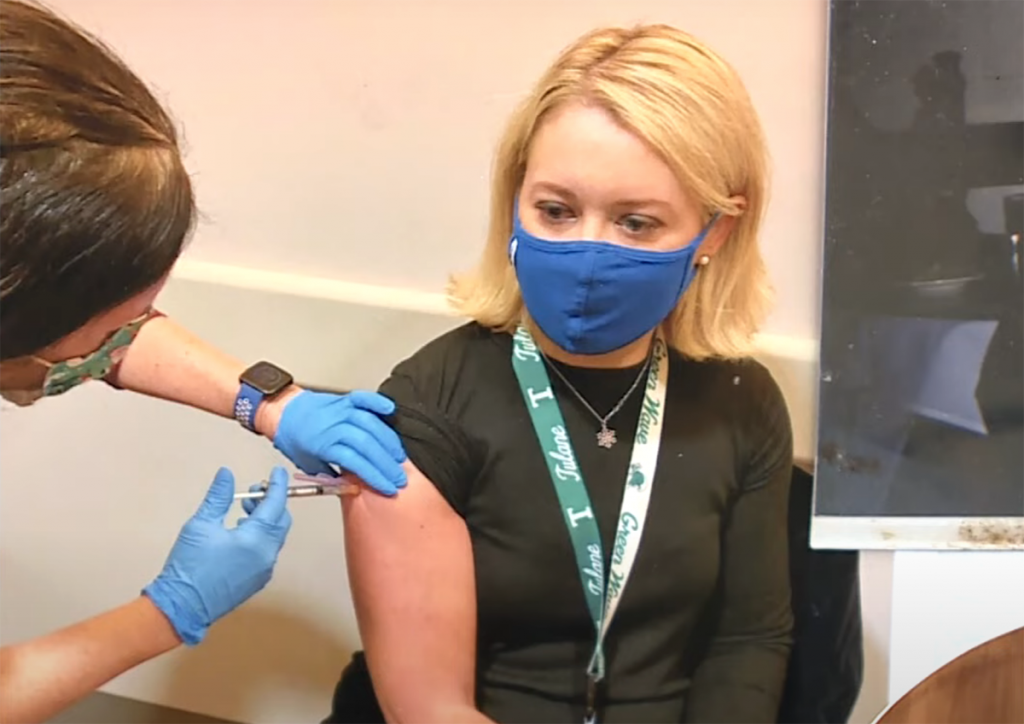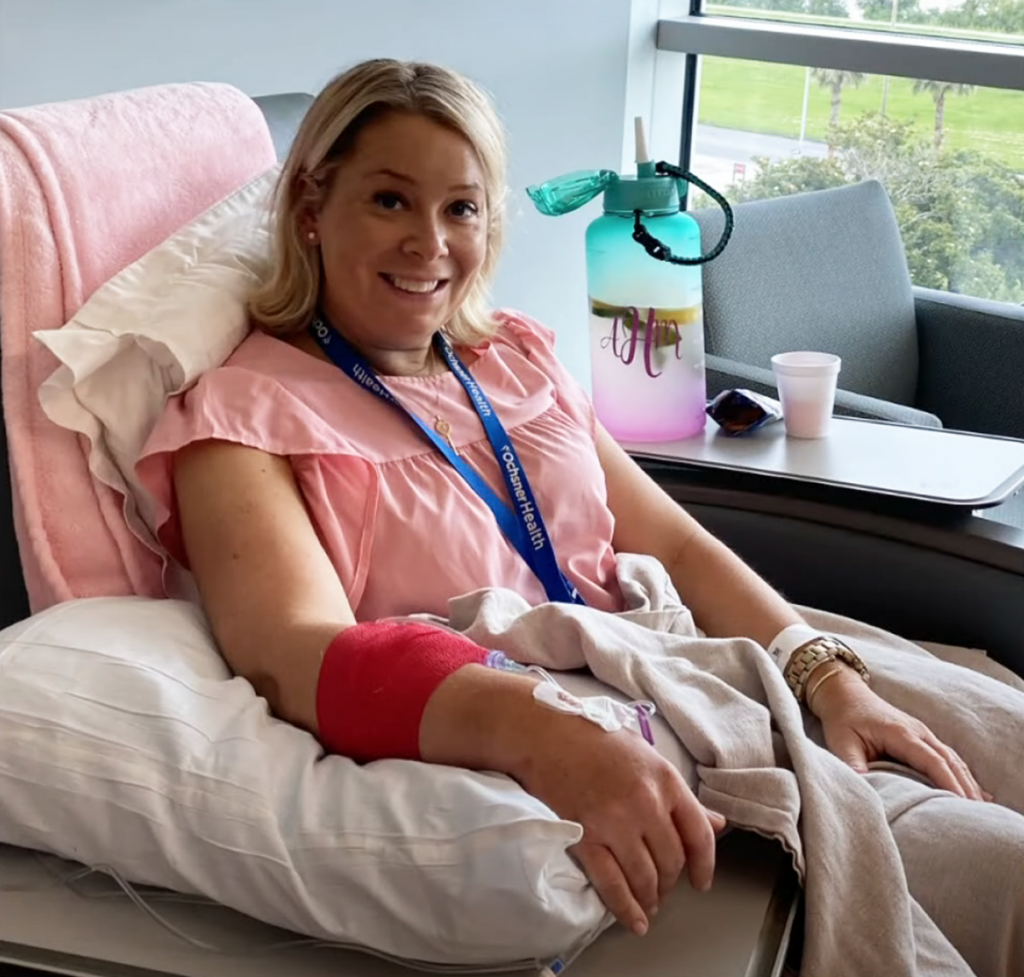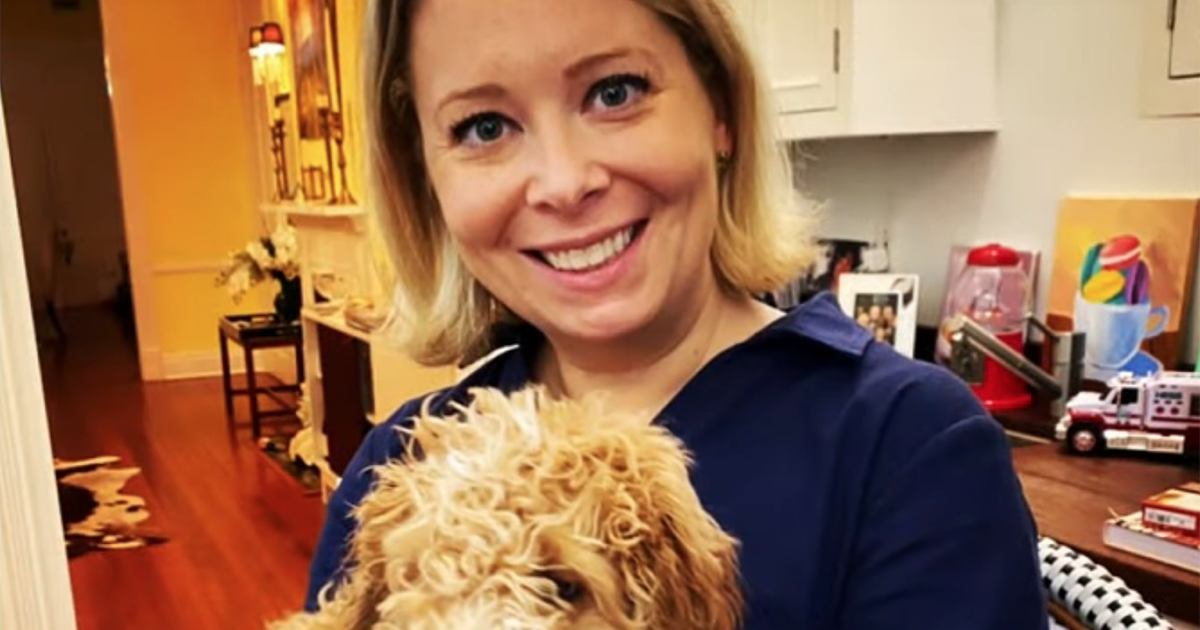Understanding Vulvar Cancer
- It was Christmas 2020 when Ann Heslin, 44, was hospitalized for Covid-19. She ended up with a vulvar cancer diagnosis.
- Her cancer diagnosis came after she questioned her doctor's initial diagnosis of a sexually transmitted disease due to lesions that appeared on her genitals, highlighting the importance of advocating for yourself.
- It turned out that the lesions developed into vulvar cancer, and the type of vulvar cancer she had was squamous cell carcinoma; most cancers of the vulva are squamous cell carcinomas.
She is sharing her story now to highlight the importance of advocating for yourself in the medical world; no one knows your body better than you.
Read MoreHeslin's Vulvar Cancer Diagnosis
Days after she received her first shot of the Covid vaccine in December 2020, Heslin became very ill. It turned out that she, in fact, had Covid; It took a month for her to fully recover."When they (doctors) came into the treatment room (with) all their PPE on, I blacked out briefly for a moment. I just cried," Heslin tells the New Orleans, La.-based television station.
Once she had recovered from Covid, a different health concern popped up; this time, it was skin lesions on her genitals. Heslin was told it was just an STD, but she was not convinced.

"Nothing was working, so after a couple of weeks of just being in so much pain in the beginning of March, I could no longer walk," she says, remembering her condition.
She challenged her STD diagnosis, and ultimately, she was right.
Heslin's father died years ago after a battle with skin cancer in his sinus cavity; the cancer was squamous cell carcinoma, which is the second most common form of skin cancer. The abnormal and accelerated growth of the body's squamous cells is what characterizes this cancer.
In the past, Heslin says that she has had skin cancer removed; she knew she was at a higher risk of developing cancer because of her dad's history with the disease. However, around the time she fell ill with Covid-19, she developed a skin condition called lichen sclerosus.
Lichen sclerosus is a chronic skin condition that causes irritated skin around external genitalia such as the vulva, typically in the form of white patches where the skin becomes thin, wrinkled and extremely sensitive, according to the National Women's Health Network. This condition mainly affects postmenopausal women, although premenopausal women and men can still develop lichen sclerosus.

The NWHN reports that in some cases, lichen sclerosus can lead to cancer; about 4% of women with the condition have been reported to develop vulvar cancer, and Heslin was in that 4%.
It turned out that the lesions on her genitals developed into vulvar cancer, and the type of vulvar cancer she had was squamous cell carcinoma, just like her father. According to the American Cancer Society, most cancers of the vulva are squamous cell carcinomas. In the United States, women have a 1 in 333 chance of developing vulvar cancer at some point during their life.
"Reproductive cancer is something we really don't talk about that much," she adds. "It means that I will not be able to have children, because of all the radiation that I endured, but it means I'm going to live."
"The biopsy results showed that this tumor that I had removed had been growing underneath the second or third layer of my skin since probably the summer of 2019," Heslin tells the television station.
Related: Preserving Sexual Function After Vulvar Cancer: What Patients Need to Know
The Importance of Advocating for Yourself
Being your own advocate as Heslin was when she challenged her STD diagnosis is always important when it comes to cancer care. And by doing so, you can make sure that your doctor sees you as an individual.
Advocating for Yourself While Navigating the Medical World
"One of the biggest things that I did from the very beginning was asking the right questions," Alex Echols, a patient advocate and lymphoma survivor, tells SurvivorNet. "It's our lives on the line."
He credits these questions with making sure that doctors took him seriously and viewed him as a partner in his treatment.
Heslin has a similar message when it comes to her vulvar cancer diagnosis and experience. She also has some words of inspiration: "You can beat cancer and don’t be afraid. Just face it with courage every day, even on the hard days, and you will get through it."
Learn more about SurvivorNet's rigorous medical review process.


